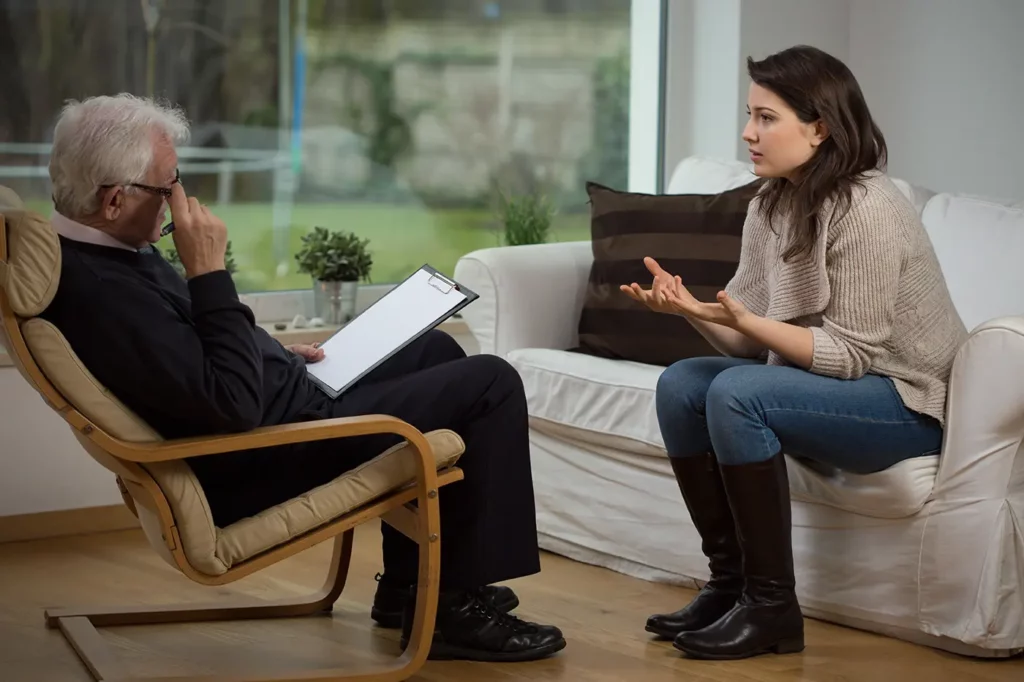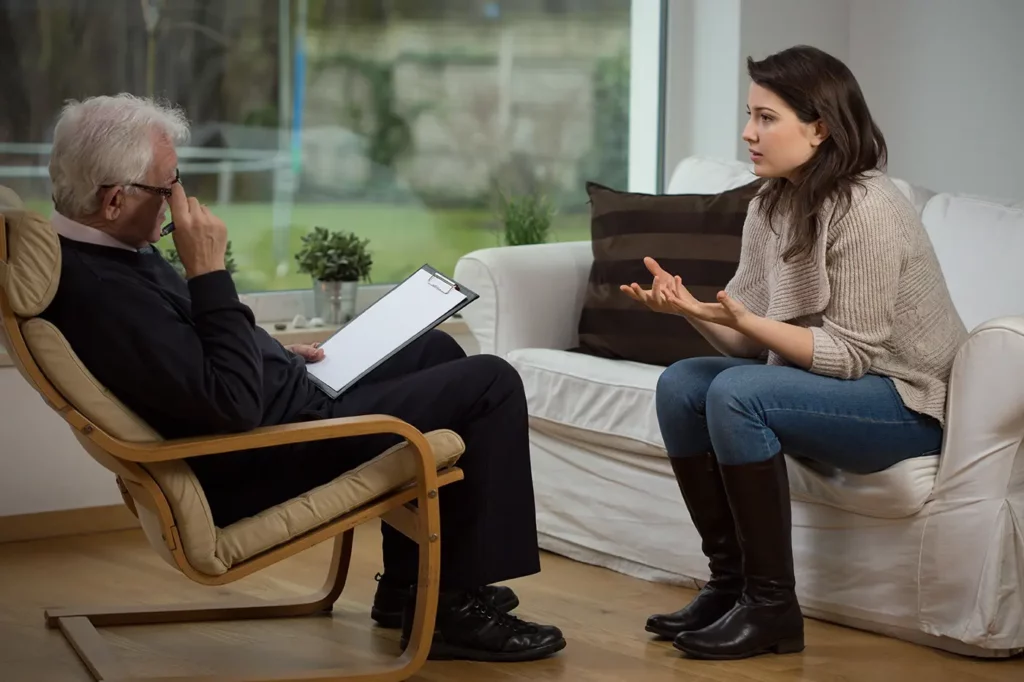24/7 Helpline:
(866) 899-221924/7 Helpline:
(866) 899-2219
Learn more about Inpatient Rehab centers in Marion County

Other Insurance Options

Molina Healthcare

Amerigroup

Highmark

Health Net

Regence

Sutter

Private insurance

PHCS Network

Medical Mutual of Ohio

AllWell

UMR

MHNNet Behavioral Health

Carleon

Health Choice

EmblemHealth

BlueShield

Choice Care Network

Ambetter

WellPoint

State Farm







































